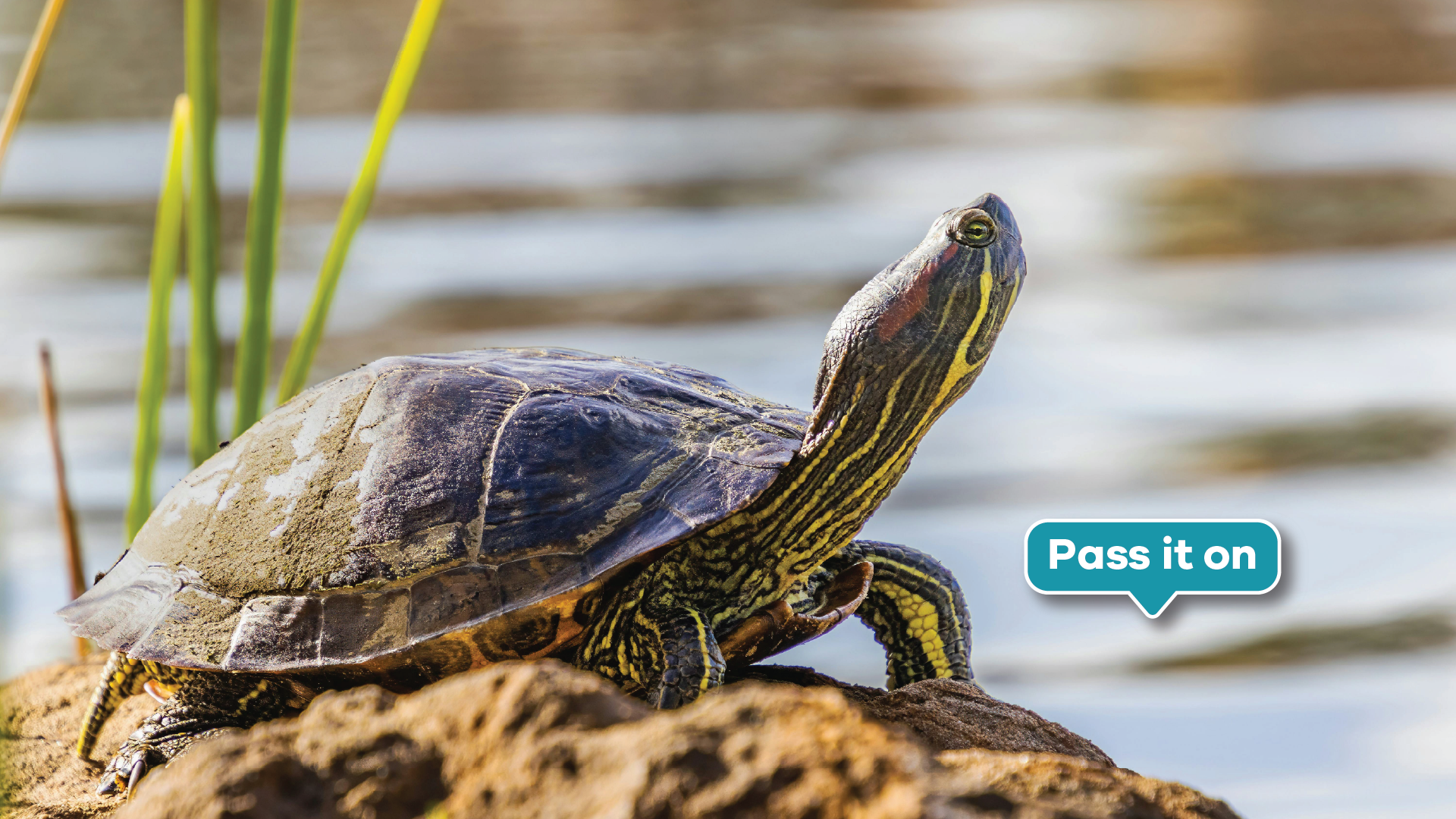The 2025 winter has arrived in the Waikato region, so Pass it on is here too with a set of useful facts, updates and tips specifically for this time of year. We want to hear about environmental incidents in the region and we want to hear your views on proposed changes to the public bus network. We have some advice for boat owners, people who trek the region’s geothermal areas, or anyone thinking about getting a pet turtle.
Help us out if you can, by passing the info onto people who need to know.
Slider turtles
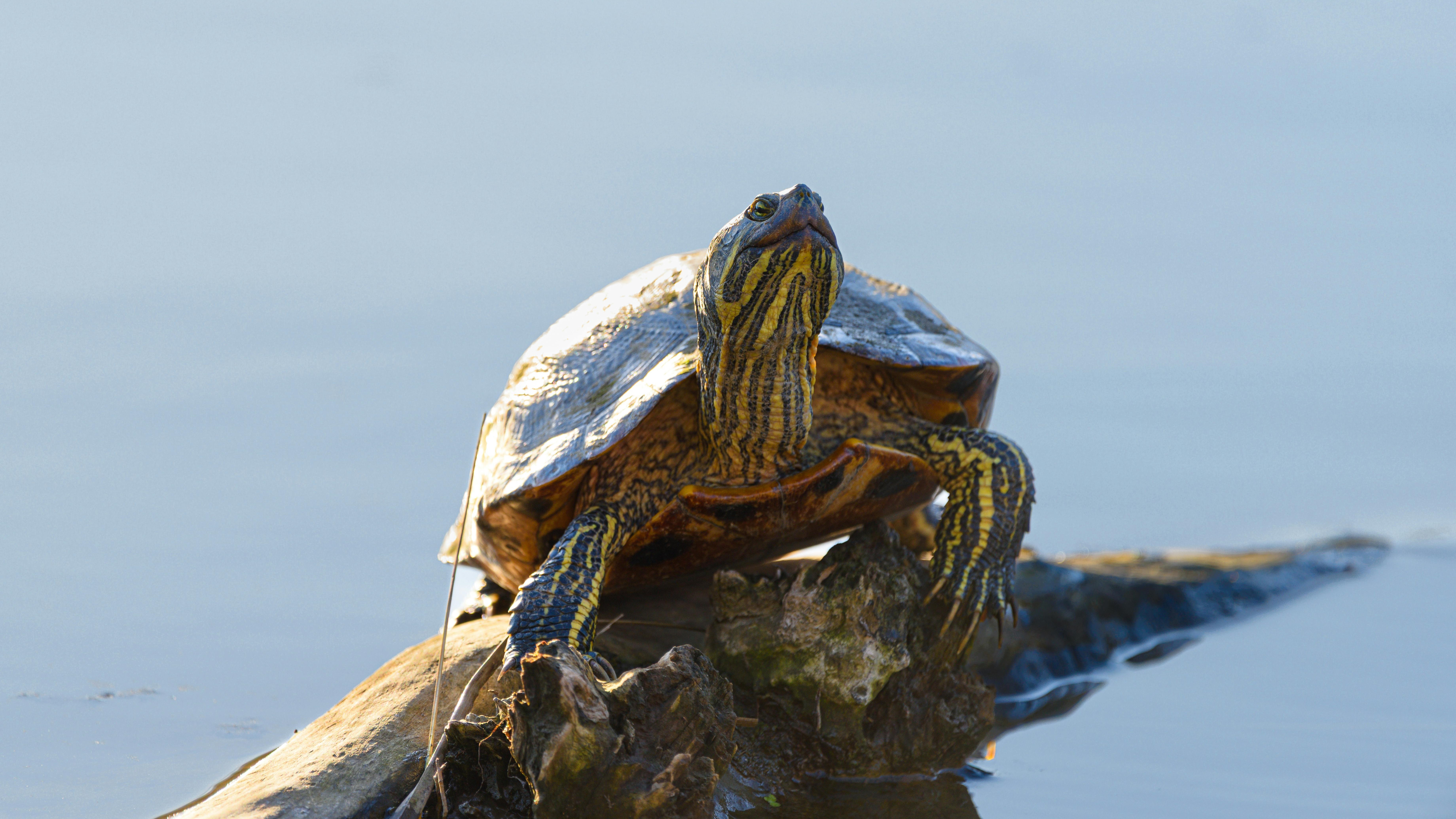
Red-eared slider turtles are one of the world’s 100 most invasive species. In New Zealand, most wild ones are abandoned pets, and our warming climate means they are able to breed. They can grow to the size of a dinner plate and live up to 50 years, so make sure you’re ready for the commitment before taking one on.
Boat haul outs
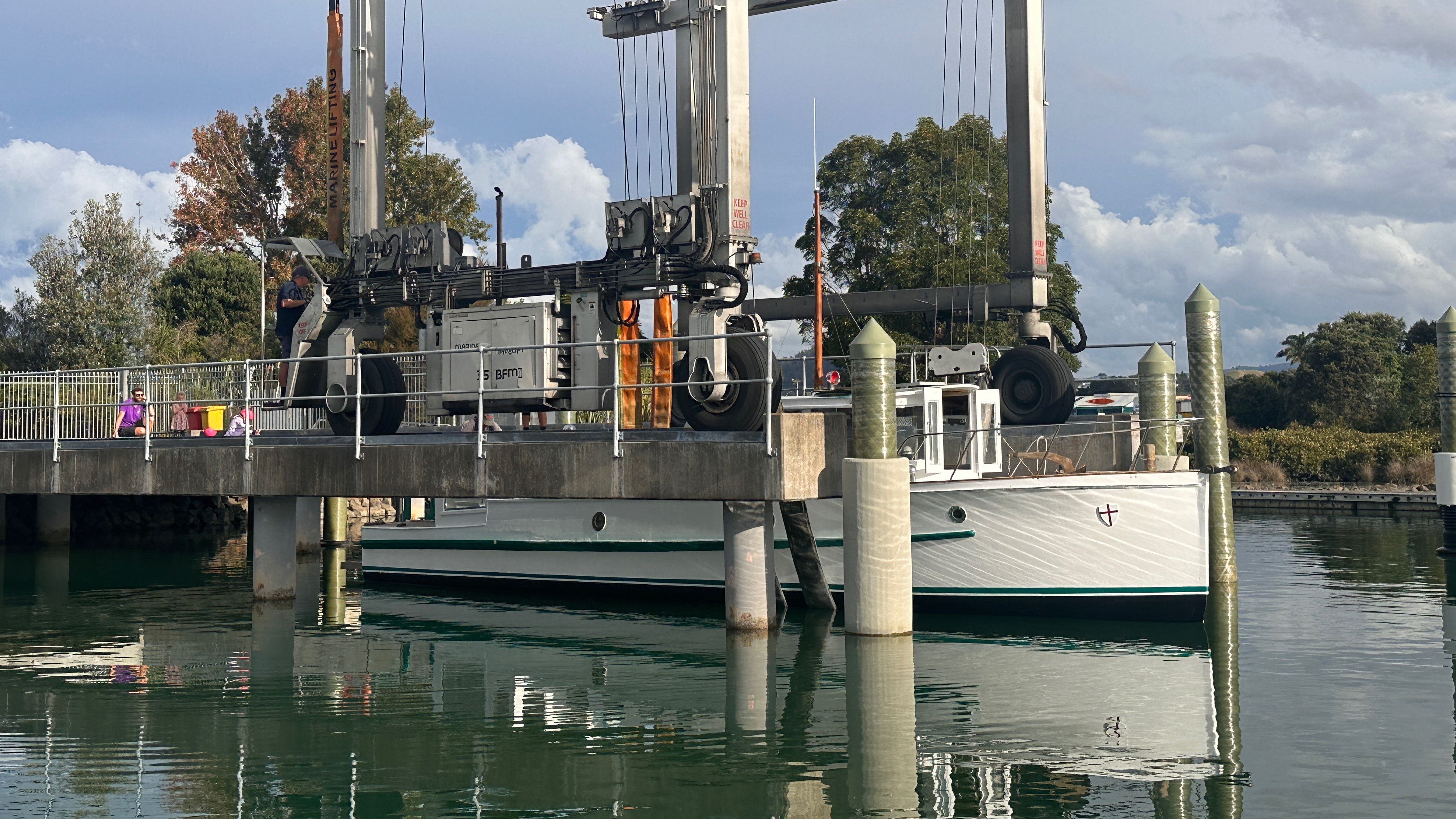
Now’s the time to tackle essential boat maintenance. Check and update your antifoul coatings to prevent marine pests from growing. Book in with your haul-out facility or contractor to beat the Labour Weekend rush. Find your nearest local haul out facility.
Geothermal walkways
Waikato is home to some of New Zealand’s most active and delicate geothermal areas. If you are lucky enough to visit, stay on the boardwalks to avoid damaging fragile million-year-old structures and injuring yourself. Areas like Ōrākei Kōrako are peppered with active features that reach up to 100°C but still look like any other terrain. Find out more about the region’s geothermal areas.
Future bus services

Several of our bus contracts come up for renewal later this year, so there has never been a better time to tell us what you would like from your city and regional bus services. Please take this survey about services in areas where contracts are up for renewal. We will use the information for both short- and longer-term bus route plans in our tender process in 2026.
See something? Say something
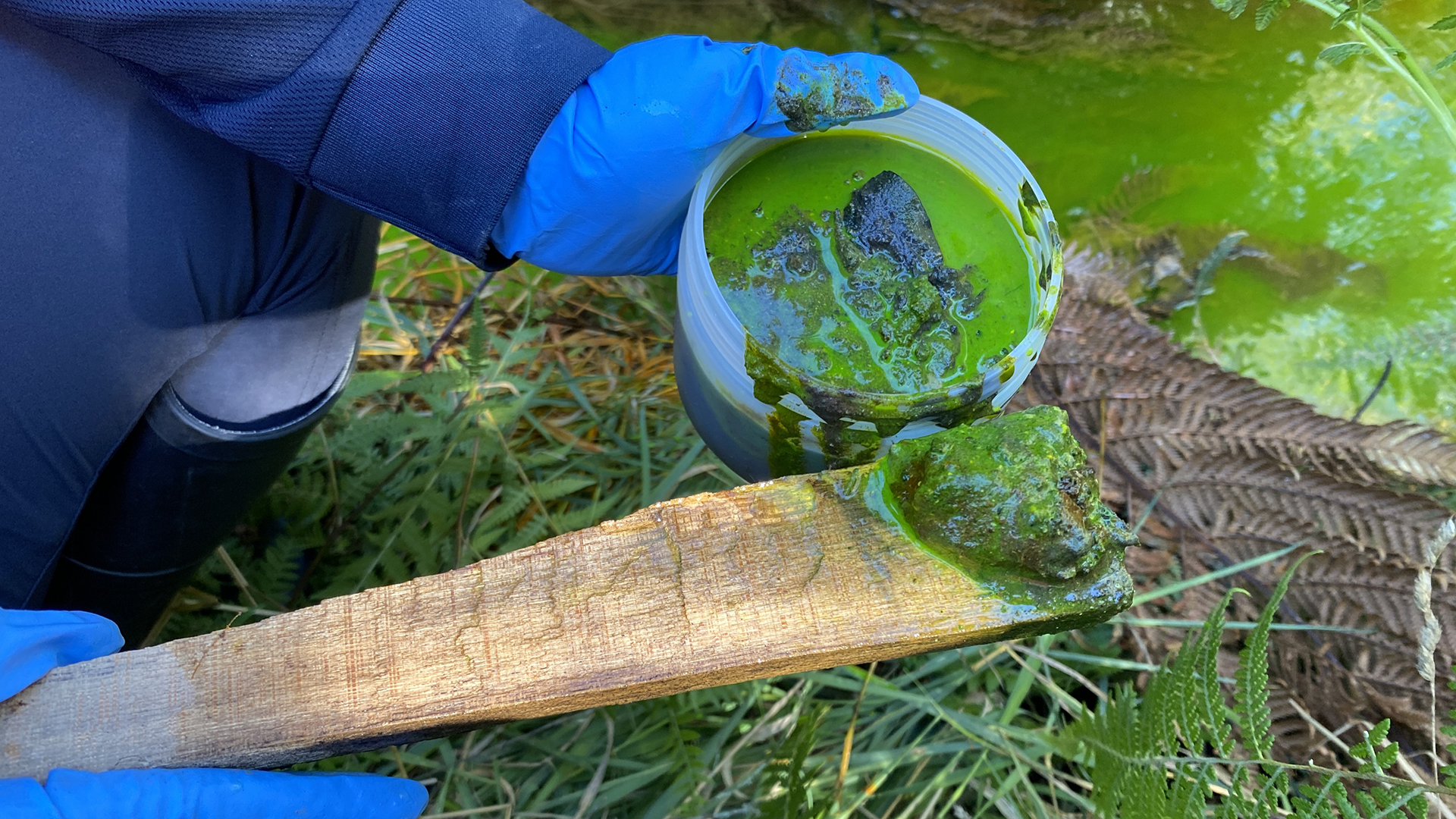
All sorts of pollutants find their way into waterways. If you see or smell something not quite right in the environment, like this tracer dye we were alerted to in Taupō earlier this year, report it to us. Our incident response team is available 24/7.
Moving Day
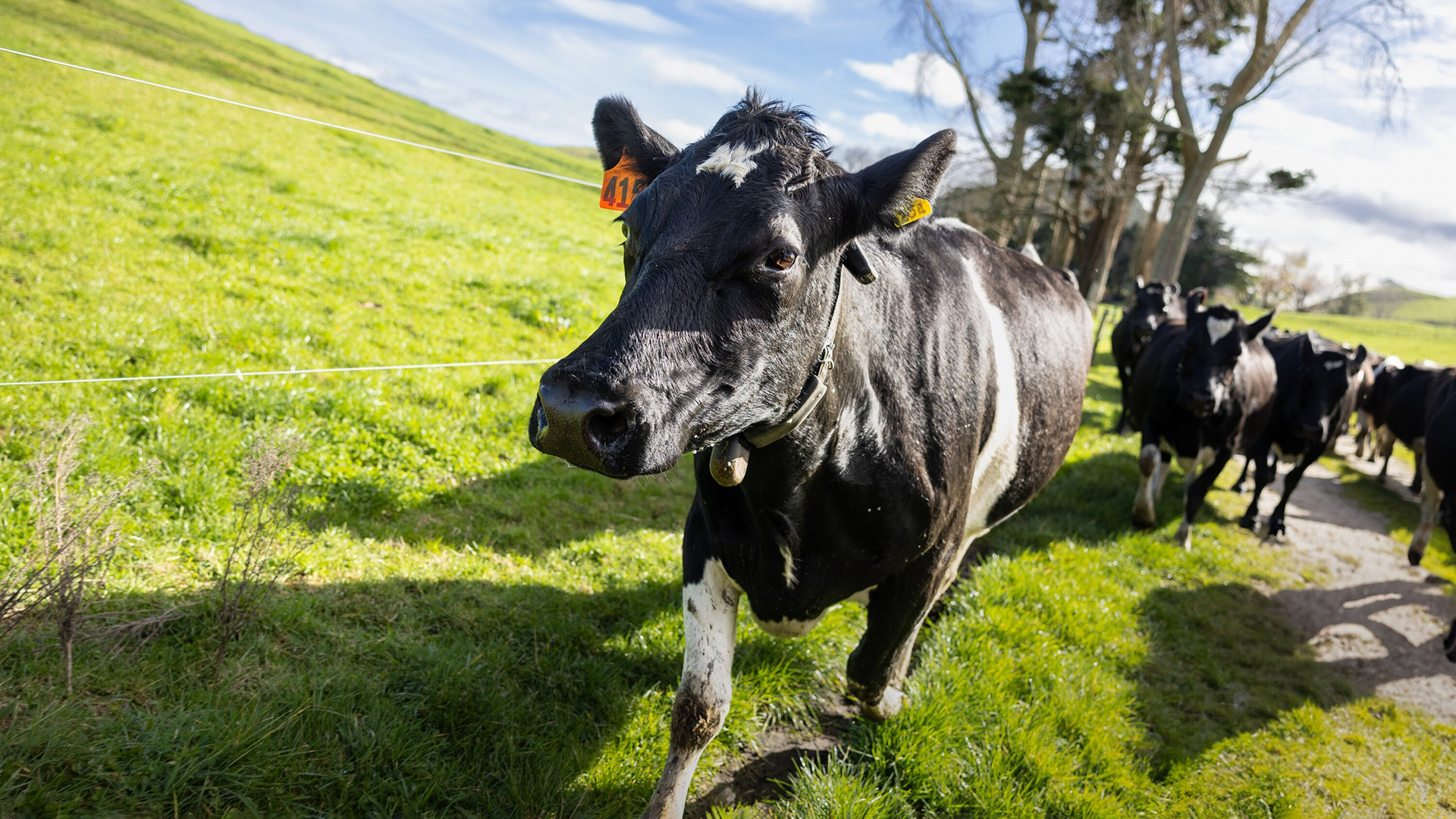
Every Moving Day Waikato farmers transport mass numbers of cattle and machinery by road. While the first of June is generally recognised as Moving ‘Day’, in practice, it takes place over a few weeks from the end of May into early June. Machines are particularly likely to carry pests and spread them to other areas. If you’re moving, clean before you go. We can help with advice if you need it. Contact our pest management team on 0800 800 401 or use this form. Find out more about plant and animal pests that concern the region.
Public transport fares
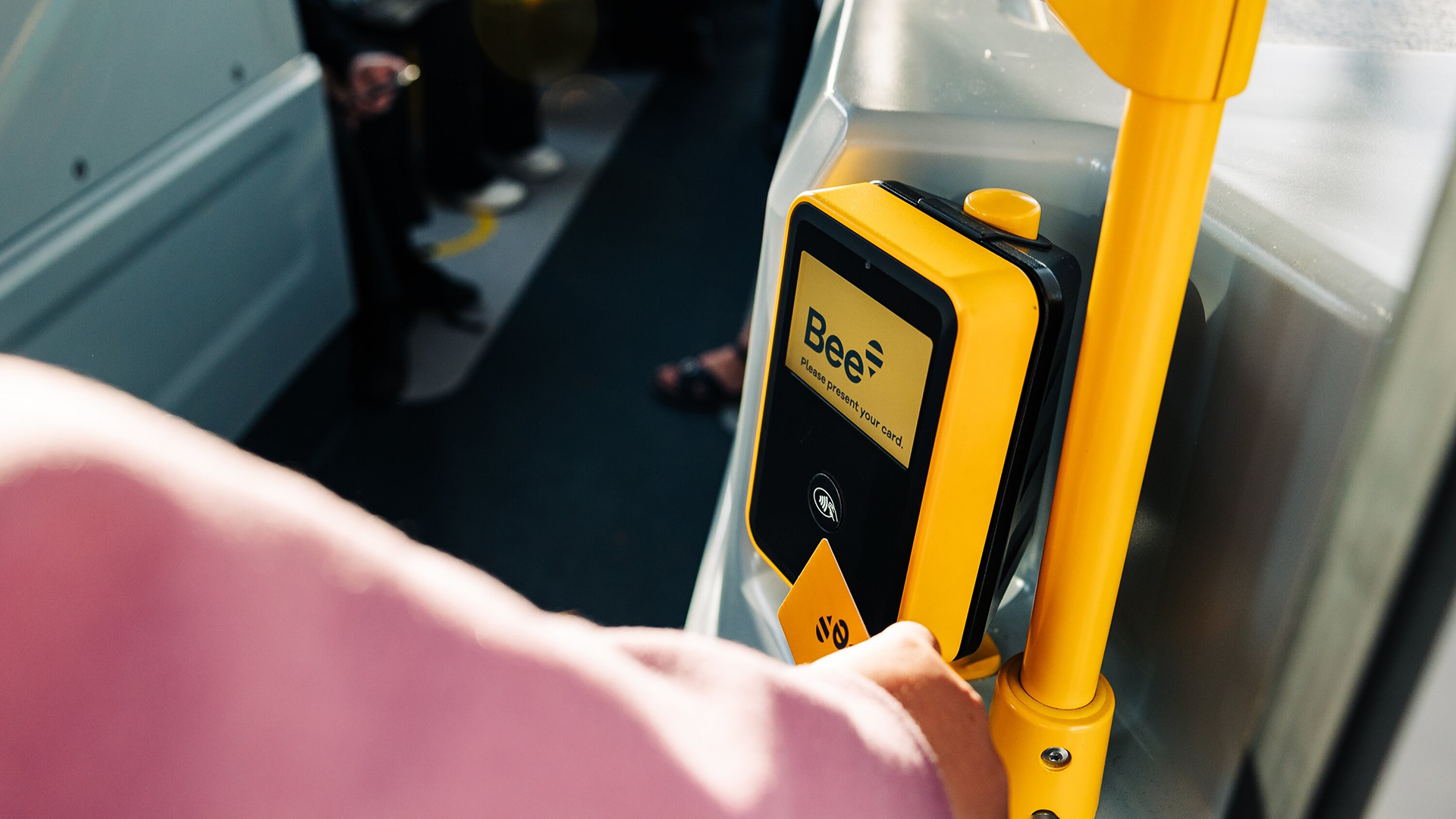
On 1 July, fares will increase by 11.4 per cent across all BUSIT, Te Huia and Flex services. Bee Cards activate weekly fare caps for both youth (5–18) and adult travellers. Other concessions are available too. Bee Card provides the best value you can get. Find the full list of changes and concessions at BUSIT.
Climbing spindle berry
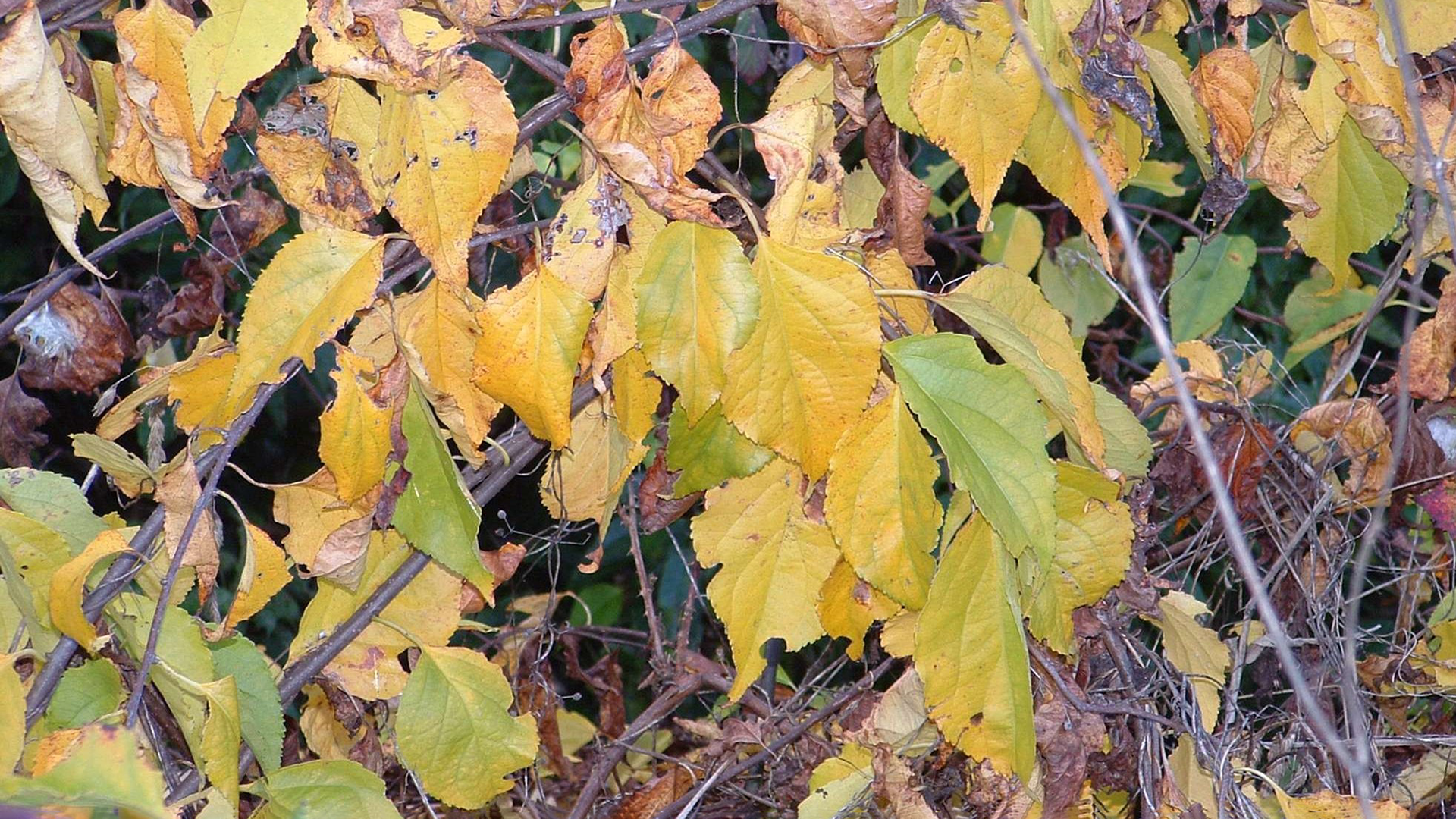
Climbing spindle berry grows rapidly and its stems can strangle host plants. It will climb to the top of most canopies and cause them to collapse. Right now, you will see yellow leaves and red berries. We control this pest plant, so if you or someone you know has seen it, we’re the ones to tell.



